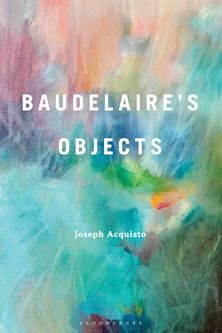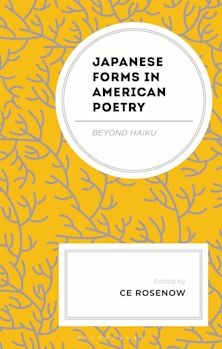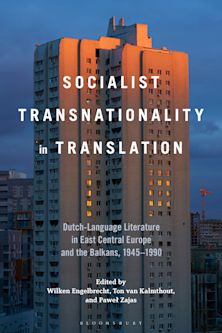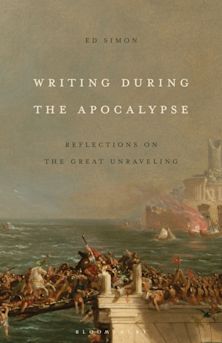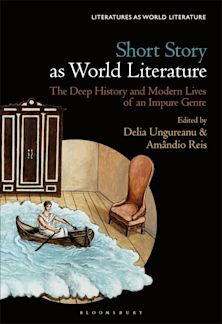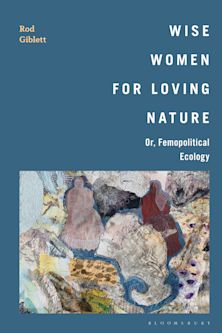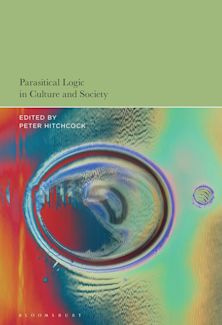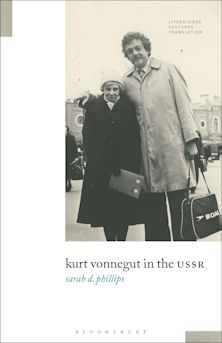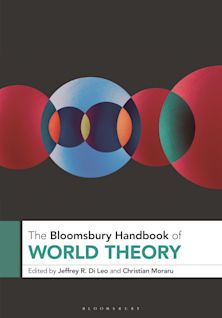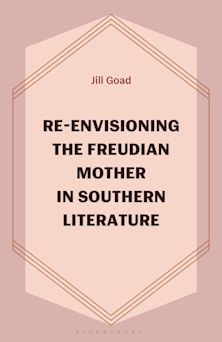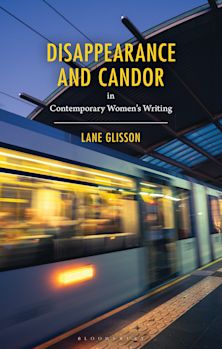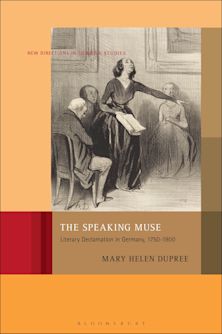Reading Kafka in Prague
On Translation, Samizdat, Censorship, Export, and Dissent
Reading Kafka in Prague
On Translation, Samizdat, Censorship, Export, and Dissent
Description
An untold history of Franz Kafka's reception in his homeland under two totalitarian regimes, from his death in 1924 to the end of communism 1989.
In the first book-length study of the reception of Kafka in his homeland, Czechoslovakia, Veronika Tuckerová offers a contextualized understanding of the author by focusing on the period from his death to the end of the communist era in 1989. Using a broad comparative framework with a focus on translation and intercultural transmission, as well as archival materials and interviews with Czech intellectuals, Reading Kafka in Prague shows definitively how Kafka shaped the lives and perspective of his Czech readers, from one-time Communists to émigrés to dissidents, scholars, and artists.
Tuckerová tells the story of five distinct readings of Kafka's works in 20th-century Czech lands: The initial ”triple ghetto” reception that survived the Second World War and the Communist takeover. The surrealist and existentialist embrace of Kafka by Czech artists, mediated by the French reception in the 1930s. The reformed-Marxist reception of Kafka as a critic of socialist alienation and totalitarianism that led to Kafka's rehabilitation at the 1963 Liblice conference. Official state reception “for export” that started in the late 1950s, reacting to the Western interest in Kafka's Prague. And finally, the dissident and underground reception of Kafka, which started in the 1950s and reached fruition in the years after the 1968 Soviet invasion.
This previously unknown story of Kafka in 20th-century Czechoslovakia offers 21st-century readers new insights into his oeuvre.
Table of Contents
Part I: The First Czech Translation of The Trial
1. Paul/Pavel Eisner: Translating between Two Mother Tongues
2. The Invisible Translator, the Visible Book
Part II: The Gift of Kafka: Translation and Samizdat
3. The Legacies of Czech Surrealism and Existentialism
4. Diaries and Samizdat
Part III: Kafka's Rehabilitated Spring: Overcoming Censorship
5. Kafka as a Code for Stalinism: Goldstücker's Trials
6. Beyond Politics: The Reception of the Liblice Conference
Part IV: Kafka's Prague for Export
7. Constructing Kafka's Old Prague: Frynta and Lukas Walk in Kafka's Footsteps
8. Private Enterprise: Gustav Janouch's Conversations with Kafka
9. Pilgrims to Kafka's Prague: Wagenbach and Robert
Part V: Kafka the Dissident
10. Kafka in Prison
11. The Authentic Kafka
Conclusion
Commemoration and Looking Ahead: A Coda
Bibliography
Index
Product details

| Published | 12 Jun 2025 |
|---|---|
| Format | Ebook (Epub & Mobi) |
| Edition | 1st |
| Extent | 344 |
| ISBN | 9798765118382 |
| Imprint | Bloomsbury Academic |
| Illustrations | 5 b&w photographs |
| Publisher | Bloomsbury Publishing |
Reviews

ONLINE RESOURCES
Bloomsbury Collections
This book is available on Bloomsbury Collections where your library has access.












